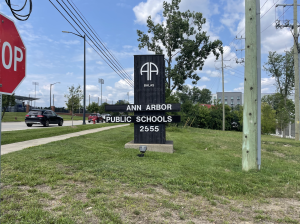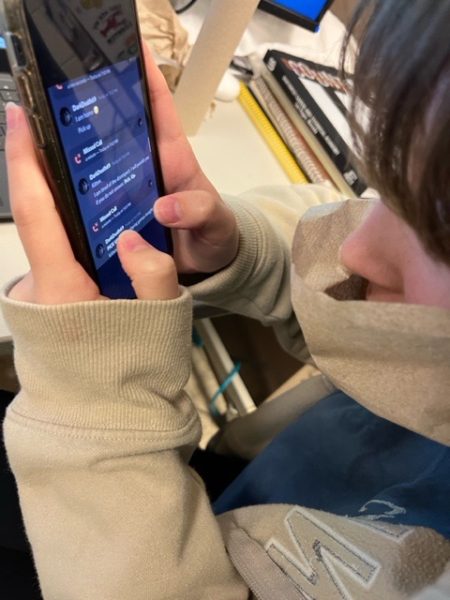The reading epidemic
February 13, 2020
The library at Clague middle school has quite an arsenal of books. Yet, few visit it on a daily basis of their own accord which is rather disappointing in many aspects.
The number of hours the average American reads compared to the number of hours the average American watches T.V. is really low.
The number of hours used for reading leisurely has declined and not many seem determined to change that even though there are plenty of more than valid reasons that reading is one of the most beneficial pastimes to students.
First of all, reading has many benefits. It triggers your imagination and increases creativity. There are endless possibilities when it comes to books.
Second, reading can definitely improve your comprehension abilities and widen your range of vocabulary. Reading can also drastically improve a student’s punctuation, grammar, and spelling.
People who are lacking in literacy skills are proven to be more easy to manipulate than the literate. Reading can definitely also develop critical thinking skills.
Reading sharpens your memory and increases concentration, definitely showing a lot of refinement in intellectual capabilities. Did you know that anyone who reads is more likely to understand emotions better than others who don’t read.
Even so, 33% of people never read a book after they graduated high school and 80% of American families didn’t buy a single book last year. Even more shocking, 46% of adults can’t read the labels on their prescriptions and one out of four children in America aren’t learning how to read adequately.
This is why students and adults alike should read more, thus improving mental enhancement, innovation, comprehension, and writing mechanics.
After all, books can be quite interesting and really addicting if you bothered to read a few.














